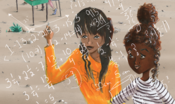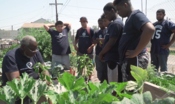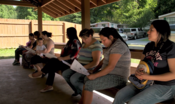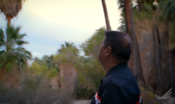Holocaust Denial Isn’t Neutral
News of a Florida principal’s refusal to expand mandatory Holocaust education because he must remain “politically neutral” has been met with disbelief and anger. But it’s just an extreme example of a concern we hear all the time: Accusations of partisanship are used to pressure educators into silence on topics that matter. These resources are reminders that not every story has two sides—and it’s educators’ job to teach students the truth.
- Shifting Out of Neutral
- On Truth and Neutrality
- One Survivor Remembers







